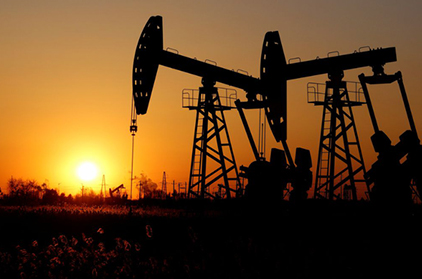
The profound implications of Russia’s invasion of Ukraine are plain to see. Most developed markets have embargoed Russian oil exports — around 10 percent of the world’s total — while oil traders have started moving away from Russian oil for fear of further sanctions.
The biggest beneficiaries of these moves are major crude exporters in the Middle East, who have received major windfalls from high oil prices. But beyond gross domestic product growth, the wider economic effects of this growth are being felt across the region.
When oil prices spiked from supply shortages, Asian and European markets looked toward the Gulf states to satisfy their demand. The Gulf Cooperation Council bloc is likely to hit its highest GDP growth since 2011, jumping to 6.1 percent this year from 2.5 percent in 2021, according to MUFG Research.
This windfall is being used to power growth and to invest in long-term projects to transition away from carbon. Around $1.4 billion of planned GCC construction and transportation projects were stalled in 2021, but the sustained increase in oil prices will likely help fund these projects. The pipeline for future projects is vast, with Saudi Arabia (at 63 percent) and the UAE (at 22 percent) accounting for 85 percent of this work in the bloc, increased oil revenue this year will likely fast track these projects.
Read more